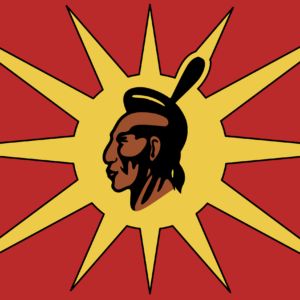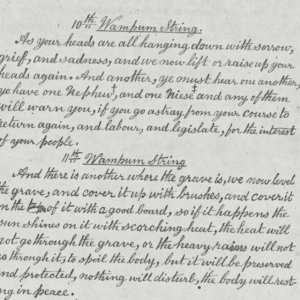This past weekend, four children who consumed candy-flavoured cannabis edibles were rushed to hospital. Three of the children were suffering what health officials called a violent reaction to the edibles — falling in and out of consciousness and vomiting uncontrollably.
Prior to cannabis being legalized, the Canadian Institute for Health Information reported that accidental acute cannabis toxicity in children represented 40% of substance related hospitalizations in youth aged 10-24.
In another situation earlier this year, a child in Quinte West consumed a large amount of edible cannabis products and was taken to hospital in life-threatening distress. Her father was charged with criminal negligence causing bodily harm.
Dr. Vanier, Chief Medical Doctor of Paediatrics at Quinte Health spoke about the risks of edible cannabis and told the Ottawa Citizen that while children do accidentally swallow medication or painkillers, they are more prone to a worse overdose on cannabis edibles that look and taste like candy because they are more likely to consume a large quantity of it.
It’s a worldwide case in point about the risks of cannabis edibles, especially those that are coming from the illegal cannabis market.
Earlier this week, Six Nations Police shut down an illegal cannabis dispensary that was selling illegal cannabis edibles on the territory that were packaged to look like Chips Ahoy cookies, Fuzzy Peach Slices, Sour Patch Kids, Jolly Ranchers, Trix breakfast cereal and Skittles.
Illegal edible cannabis products such as these being readily available for sale in our community present an inherent risk to youth and children on Six Nations, not just because they don’t come in child-proof containers or are packaged to look like familiar candies — but also because there is no oversight limiting the concentrations of THC in those products.
In this most recent arrest, Six Nations Police seized psilocybin, also known as magic mushrooms and traces of cocaine on site.
This is not okay.
Six Nations people should have economic opportunities in cannabis – but let’s create a system that ensures only cannabis, and only safe, tested products are being made available to adult recreational users.
Protect Haudenosaunee symbols, languages and imagery from being misused on cannabis packaging.
Ensure that all cannabis businesses are owned 100% by Six Nations band members who financially contribute equally to the community-at-large, and where there is consistent giving.
Let’s create a system where what happens with community contributions are collected in a process that all community members have a say in — so that organizations in need of financial assistance are not beholden to cannabis barons who may or may not be feeling benevolent or vindictive.
Six Nations moving into the cannabis industry is not a race.
As a community, we grieve and protest when industry rushes into projects without properly consulting all stakeholders.
Creating a safe and regulated cannabis economy at Six Nations must put the health and safety of all people front and centre — over and above the race to make money.






